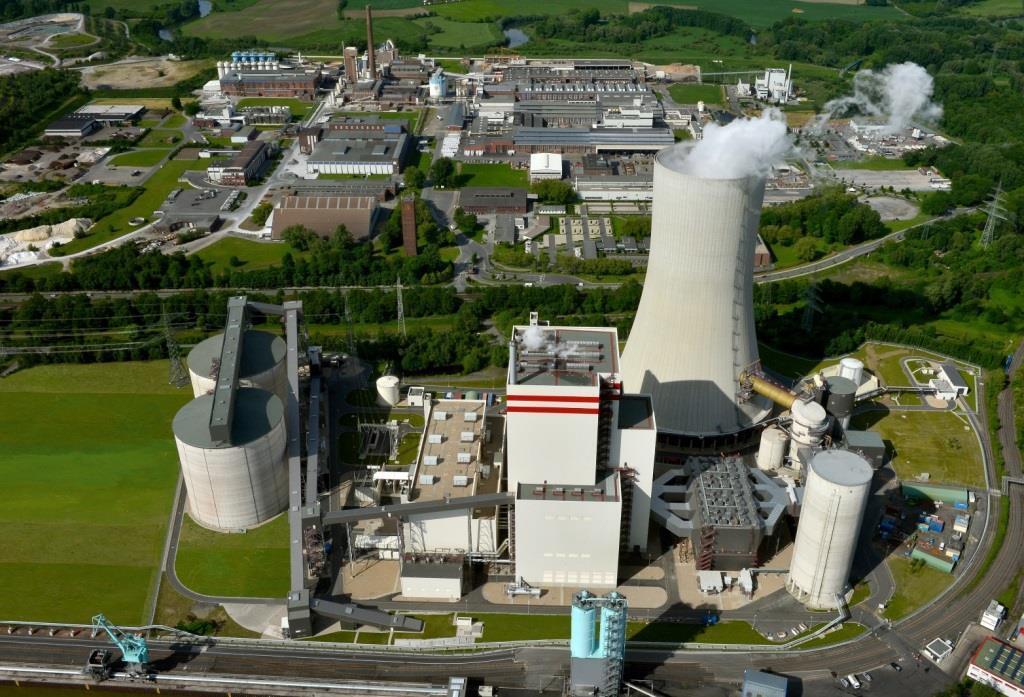
Update 27 June 2025: Trianel and Luxcara responded to Energy-Storage.news’ enquiries below regarding the project timelines and the Battery Park’s planned capacities. A Trianel spokesperson said that the Waltrop Battery Park will have a total capacity of 900MW, divided into 3 x 300MW BESS.
“This is related to the starting structure of the project and has also a technical background,” the spokesperson said, with the site layout configured around three 300MW transformers. The 520MW discussed in Luxcara’s announcement refers to the capacity the asset manager will operate and not to a complete individual project, while Trianel and municipal utilities will operate 80MW, and BKW 300MW.
“This represents the first expansion phase. In the future, an additional 600 MW is planned, bringing the park’s total capacity to 1,500 MW,” the Trianel spokesperson said, adding that the entire park’s 900MW capacity is scheduled to go into operation in 2028.
Independent asset manager Luxcara has acquired a gigawatt-hour-scale battery energy storage system (BESS) development project in Germany.
Try Premium for just $1
- Full premium access for the first month at only $1
- Converts to an annual rate after 30 days unless cancelled
- Cancel anytime during the trial period
Premium Benefits
- Expert industry analysis and interviews
- Digital access to PV Tech Power journal
- Exclusive event discounts
Or get the full Premium subscription right away
Or continue reading this article for free
Luxcara, founded in 2009 by its managing partner-owners and focused on clean energy investment, announced yesterday (25 June) that it has bought the planned 520MW/1,040MWh BESS project near Dortmund.
The asset manager said grid connection has already been secured for the BESS, and once built, it will likely operate under a tolling agreement.
The asset, in Waltrop, North Rhine-Westphalia, will be part of a bigger 900MW/1,800MWh ‘Battery Park’ complex that Luxcara is developing in a consortium with municipal utilities group Trianel and energy and infrastructure services provider BKW.
The site has been chosen due to its suitability for BESS project development and its strategic location on the grid. According to Luxcara, the region is dominated by heavy industrial activities and is situated within a critical node of the European electricity network.
At the same time, the site was originally earmarked for the construction of Trianel’s Lünen coal-fired power plant, which instead opened nearby in 2013. The chosen site, therefore, provides enough space for the BESS’s footprint and features direct connection infrastructure to the 380kV transmission grid.
With construction scheduled to begin next year, the site could be home to Germany’s biggest BESS project to date. The country’s largest operational BESS so far is thought to be owner-operator Eco Stor’s 103.5MW/238MWh project in Bollingstedt, Schleswig-Holstein. That went online just a few weeks ago, while Eco Stor is also building a series of larger 300MW/600MWh projects.
Germany has been identified as the “hottest” market in Europe right now for battery storage by various industry figures and experts this year, for reasons including the depth of a power market that is connected to nine neighbouring countries’ grids and the adoption of renewable energy in tandem with a coal phase-out planned for 2038.
However, as the audience at the Energy Storage Germany conference heard in early June, grid connection regulations and wait times and permitting issues are causing some bottlenecks and uncertainty for developers.
Nonetheless, Energy-Storage.news has reported on project development, acquisitions and asset optimisation deals from a diverse range of players in Germany this year, from RWE’s February announcement of the commissioning of 235MWh of projects, TotalEnergies’s March announcement of a 321MW BESS development portfolio, among many others.
‘Flexibility is the key to a successful energy transition’
“With this BESS project, we are not only expanding our clean infrastructure portfolio but placing it exactly where grid flexibility is needed most,” Luxcara investment manager Alexander Lüntzel said.
“Moreover, repurposing a brownfield site formerly designed to develop a coal-fired power plant stands as a clear symbol of Luxcara’s continued commitment to driving the energy transition.”
Although Luxcara said its initial project will be a 520MW BESS, a separate announcement from Trianel said the park will comprise three initial 300MW BESS facilities, with a further 600MW to be installed later. The consortium’s development deal is subject to regulatory approval.
Trianel said the Battery Park will feature modular containerised lithium iron phosphate (LFP) battery storage units and that commissioning is expected to take place in 2028, although it was not clear which of the assets and how much capacity that referred to. Energy-Storage.news has reached out to Luxcara for clarification on the above points.
Trianel comprises a network of municipal utilities across several countries in Europe, enabling them to pool their capabilities. It provides its member utilities with project development, energy trading and procurement services.
Sven Becker, spokesperson for Trianel’s executive board, said it is “becoming imperative” to invest in flexibility for the electricity system, which battery storage can provide, as increasing renewable energy adoption brings more volatility to the network and to electricity pricing.
“Flexibility is the key to a successful energy transition,” Becker said. “Battery storage systems in particular are ideal for stabilising the overall system in a way that serves both the market and the grid.”





